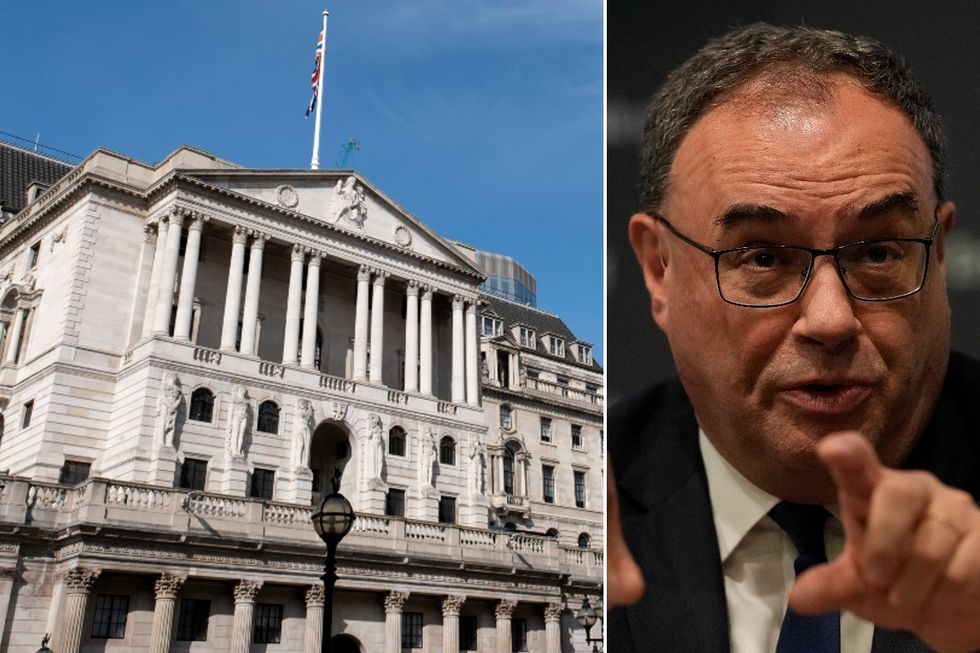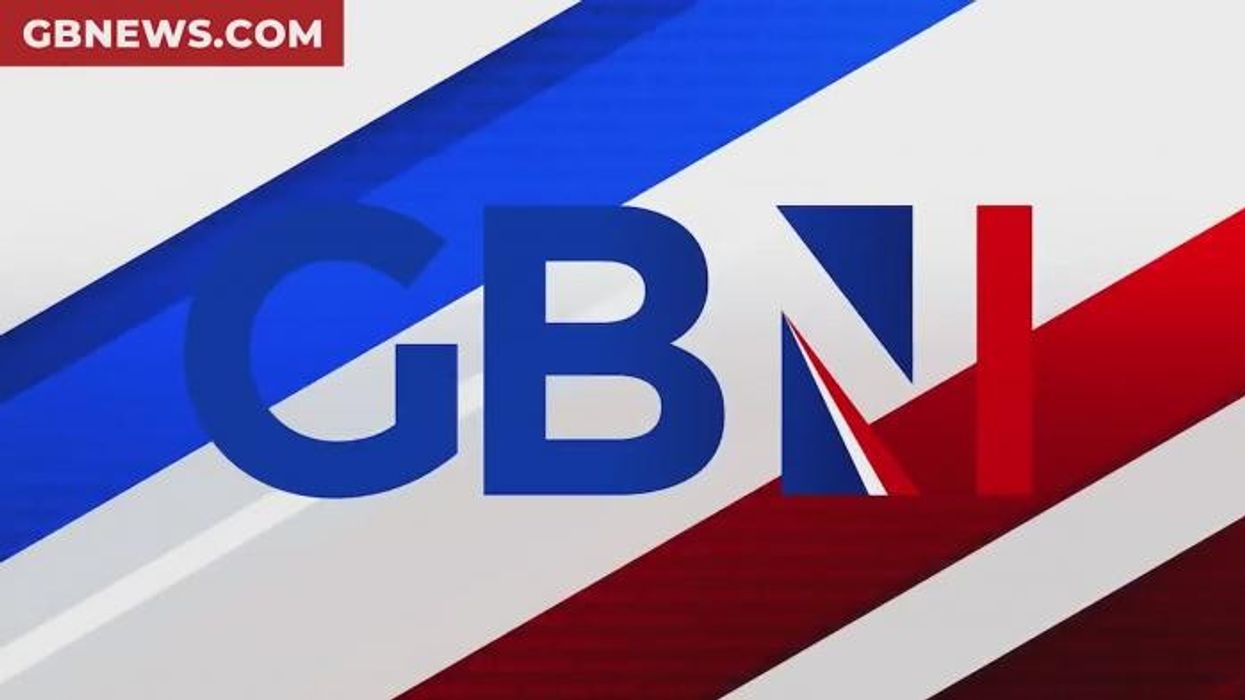Bank of England put in 'exceptionally challenging situation' as economy slows and rate cuts 'uncertain'

JP Morgan warns central bank may stay firmly on hold despite deteriorating economic outlook
Don't Miss
Most Read
The Bank of England faces a complex monetary policy challenge ahead of next week's interest rate decision, with unemployment reaching 4.6 per cent in the three months to May - its highest level since July 2021.
This deterioration in the labour market comes as 274,000 fewer people were in payrolled employment year-on-year, according to Office for National Statistics data.
Yet wage growth remains stubbornly elevated, with regular pay excluding bonuses rising 5.2 per cent annually.
Adding to the dilemma, inflation continues to exceed the Bank's two per cent target at 3.5 per cent and is forecast to rise further.
These conflicting economic signals present what JP Morgan Asset Management's Zara Nokes described as "an exceptionally challenging situation" for policymakers weighing whether to adjust interest rates.
The employment deterioration has accelerated sharply, with vacancies slashed by 63,000 to 736,000 and payroll numbers experiencing their largest decline since May 2020.
The Resolution Foundation reported that the UK's 16-64 employment rate has fallen from 76.5 per cent in March 2023 to 75.0 per cent in April 2025.
Early data for May suggests an even steeper decline, with payrolled employees down 109,000 month-on-month, though these figures remain subject to revision.
The impact of April's employer National Insurance increases and National Living Wage hike appears particularly severe in certain sectors.
The accommodation and food service industry recorded a 5.6 per cent employment drop over the year to May 2025 - the largest fall of any major sector. Despite the weakening jobs market, wage pressures remain a significant concern for the Bank of England.
Private sector regular wages fell from 5.5 to 5.1 per cent but remain well above the three per cent level the central bank considers consistent with its 2 per cent inflation target.

Bank of England under fire as economy slows and rate cuts remain uncertain
| Getty ImagesTotal pay including bonuses slipped to 5.3 per cent annually, whilst regular pay growth of 5.2 per cent stays roughly 2.1 per cent above inflation in real terms.
The Resolution Foundation noted that shorter-term measures showed private sector pay growth actually ticking up to an annualised 4.1 per cent in the three months to April.
With inflation at 3.5 per cent and expected to rise further due to what the Bank views as temporary pressures, these elevated wage levels complicate any decision to cut interest rates.
The monetary policy dilemma has drawn sharp commentary from market analysts.

"The labour market is clearly deteriorating but inflation is still-elevated and that could keep the BOE firmly on hold until there's more evidence of cooling inflation," said Zara Nokes, global market analyst at JP Morgan Asset Management.
Richard Carter, head of fixed interest research at Quilter Cheviot, warned that "despite what is an obviously slowing economy, many risks remain present in the world that could easily allow inflation to climb higher again, principally an escalation of the trade war come July when Donald Trump's 90-day pause on reciprocal tariffs ends."
He added: "We will need to see a significant further weakening of the labour market here in the UK before the Bank of England chooses to up the pace of its rate cuts."
The Monetary Policy Committee is widely expected to keep the base rate on hold at 4.25 per cent when it meets next week, with Governor Andrew Bailey having told MPs that the pace of interest rate cuts is now "shrouded in a lot more uncertainty".
Bailey cited "heightened unpredictability" as US President Donald Trump's trade tariffs weigh on the global economy. Current market pricing suggests at least one more 25 basis point cut this year to four per cent, with a slight majority of investors predicting a second reduction to 3.75 per cent.
Thomas Pugh, economist at RSM UK, said: "The hawks on the MPC will still be too concerned about strong wage growth to consider going for another rate cut in June. But today's data leaves the MPC on its gradual rate cutting path."
More From GB News











